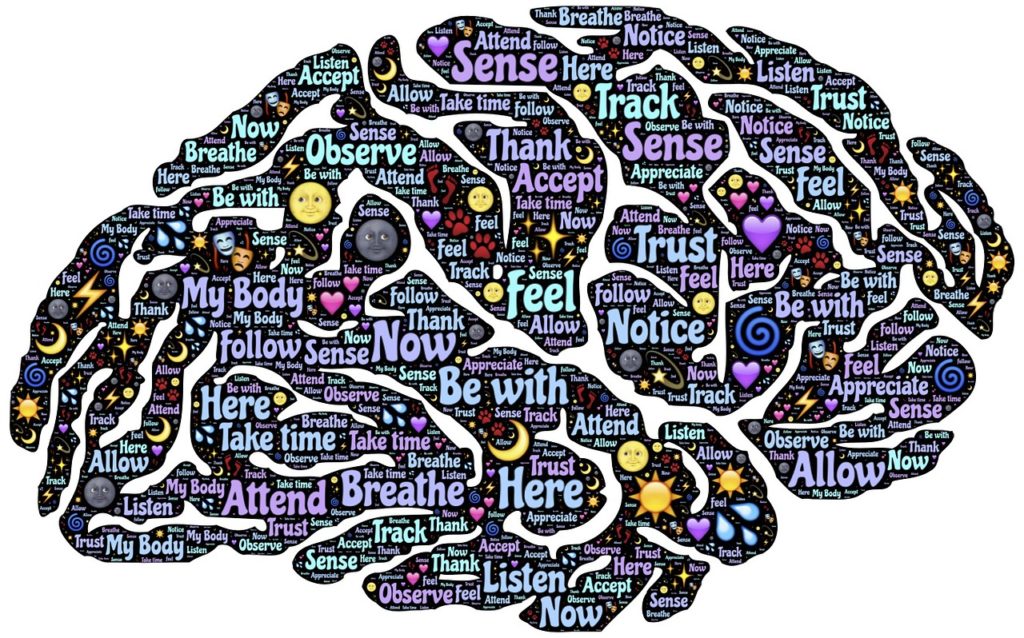Retraining the Elephant
Recall that your Elephant* has been “in training” and learning all kinds of things ever since you were born. And because so much of what we learn is outside our control, it’s highly likely that we’ve learned many things that either simply aren’t true or whose “truth” is limited to only a particular context (e.g., remember Santa Claus; or in “happily ever after”; or unconditional love…?). Even worse, we may have learned some really horrible lessons – now deeply embedded in our Elephant – from being the victim of trauma, abuse, violence, or neglect. Or, although maybe less crippling, we all have likely been, at some point or other, the target of teasing, ridicule, humiliation, or shame.
The psychological skill of re-training the Elephant is really a combination of other skills in being able to identify a desire to change, or to acknowledge a problem within oneself (a failure, shortcoming, weakness, or a belief, habit, behavior, etc) …and then to go about fixing it.
______
For many, becoming aware of a problem is first manifest in feelings; they may become anxious, depressed, self-doubting, confused or uncertain. Some notice it in a behavioral dysfunction: having difficulty with sleep, too much of an unhealthy diet, or in a conflicted relationship. They decide something has to change…and, usually, seek this change in altering external circumstances or another’s behaviors.
Now, sometimes this works…but not often, or often enough – because getting others to change can be really difficult, and either doesn’t happen or doesn’t happen fast enough. What is far more likely to succeed in bringing about desired, positive, and workable change…is to re-train our Elephant! This is true even when “the real problem” actually does lie within that other person – for we may be able to change another person’s behavior when we change our own behavior!
______
Identifying the need to re-train the Elephant is not about self-blame, as in “if there’s a problem it must be with me, or be my fault.” It is about self-knowledge, as in, “What do I know, or think I know, or even know I don’t know(!) that might benefit from a deeper or better understanding?”
For most of what you “know” (that is, what your Elephant has been “educated” and conditioned to know) has been learned without your permission and without your approval. Who’s to say it’s true, or that it’s important, or that it works, or that it’s helpful, or that it serves your self- and/or best-interest? Well, the obvious answer is “You.” But it won’t happen, nor should it, until you decide it’s time to question, consider, evaluate, and change what you have “unknowingly” believed to be true.
This is one way the process of re-training the Elephant can begin. It is deciding to have your Rider lead for a while, because the Rider is the one who can see the future – and choose where you want to go…as well as figure out ways to get there…
_________________________________________________________
*Elephant/Rider Model: The Happiness Hypothesis, Jonathan Haidt, 2006.

